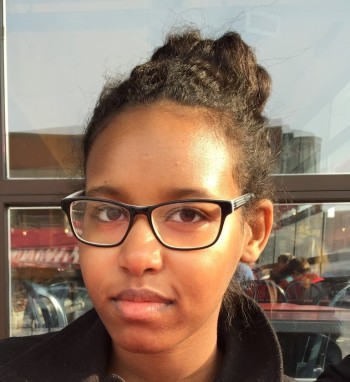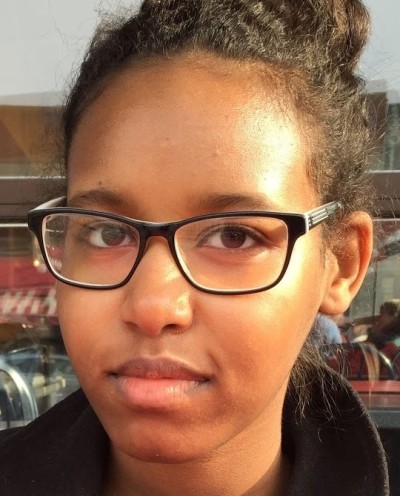
Why Black Lives Matter, matters
by Ililli Ahmed
T.W: Death, Murder, Gunshots
You’ve definitely heard the phrase “Black Lives Matter” before: it has, without a doubt, become a common phrase among members of Black and non-Black communities around the world, and for good reason.
Since its foundation in 2014 by Alicia Garza, Opal Tometi and Patrisse Cullors—three queer Black women—the Black Lives Matter movement has grown in number, all while giving a voice to diverse Black people who feel underrepresented and unprotected. The founders state on their website that the movement was started following the murder of 17 year old Trayvon Martin by George Zimmerman in 2012. At its root, Black Lives Matter aims to give a platform to all Black people, regardless of gender, physical ability, and mental health—to Black people who come from a variety of socio-economic backgrounds. This platform helps tremendous national issues such as police brutality, mass incarceration and racial profiling known, with the added benefit of inclusivity. This brings new perspectives to be heard and listened to. In addition, because of Black Lives Matter, non-Black people are seeing the eye-opening experiences of diverse groups of Black people around the world, and are even getting the amazing opportunity to support the movement as allies during protests and vigils.
But what essentially is Black Lives Matter? Is it just a hashtag? Is it a violent, police-hating terrorist group? The answers are….no.
For many Black people it is an outlet for change: a way to make our voices heard as we cry out for a change in a system that often feels rigged against us. We march and chant that our lives matter because a Muslim Somali man named Abdirahman Abdi, who struggled with mental illness, was beaten relentlessly by Ottawa police after fearing arrest, leading him to run to his nearby home. The force used by police in the arrest resulted in severe injuries that led to his death. We protest the alarming rates of incarceration for Black men and women and shed light on the fact that according to Torontoist, there are 70 per cent more Black Canadians in federal prison than there were 10 years ago, and the Winnipeg Sun states that in Canada, Black people are slowly but surely becoming the most incarcerated group.
We speak on the inequality caused by racial profiling, and how it hurts different members of the Black community; from being labelled a “ criminal” for selling CD’s outside of a store (Alton Sterling) or being seen as a “threat” for driving in a car with your girlfriend, with your child in the backseat (Philando Castile). Not to mention the many many cases of Canadian police brutality as well. An article by the National Post Toronto tells the story of Andrew Loku, an immigrant from South Sudan who had lived through years of Civil War before seeking refuge in Canada, who was killed by a Toronto police officer last July. The officer had simply been called to resolve a complaint about loud noises, and rather than de-escalating the situation, he shot Loku multiple times. In Canada, there are still so many people who are unwilling to recognize that the Black community is still being treated without respect, and that there is a thick layer of racism in Canadian society that is affecting people of colour in our everyday walks of life.
This revolutionary group is aiming to change a system built on the oppression of Black people and other minorities; and we will no longer be silenced. Black Lives Matter speaks up because we want to know how much longer until we are free to be Black and in our own countries.
This movement is a piece of history, and we will continue to tell our stories; like it or not, I would say it’s about time that we are heard.
*A contribution to the ‘When Will I Be Free?’ Collection*
About the writer
Ililli Ahmed is an 11th grade student who loves onion rings, equality and Beyoncé (not in that order). In the past, she’s written articles for Radio-Canada, and is a regular youth contributor for ‘Black Ottawa Scene’. Ililli is also co-president of many school clubs, such as the Feminism Club. Her role models are her parents and Olivia Pope from Scandal. You can contact her at [email protected].

